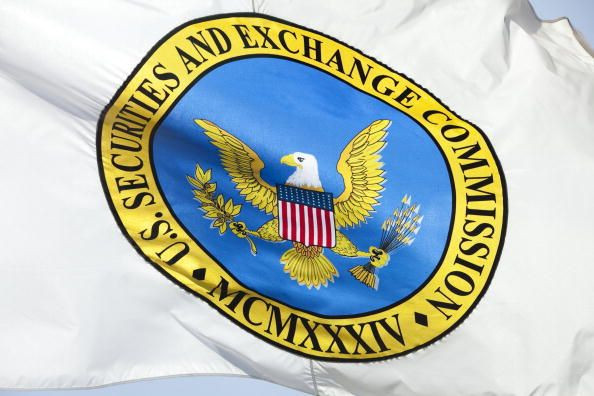Wall Street Regulator SEC Extends Test Of Anti-Volatility Program

The U.S. Securities and Exchange Commission on Thursday extended by one year a pilot program designed to curb excessive volatility in domestic securities markets.
The so-called National Market System Plan to Address Extraordinary Market Volatility, commonly known as limit up-limit down, was adopted in 2012 in the wake of the "Flash Crash" two years earlier.
It provides for trading halts when stocks rise or fall specified percentages above or below recent trading ranges.
The SEC said it extended the pilot program through April 21, 2017 to allow more time for evaluation, including how it operated on Aug. 24, 2015 when the Dow Jones industrial average slid more than 1,000 points in the first few minutes of trading.
It said the latest extension also modifies the manner in which some so-called "reference prices" are determined at the start of the day. The SEC said this could help prevent unnecessary trading pauses unrelated to volatility.
Separately, the SEC directed exchanges to recommend whether to establish specific rules for exchange-traded products.
Some plunged more than 30 percent in value during the 2015 selloff, sticking panicked investors who sold at deflated prices with losses they might have avoided by waiting a few hours.
© Copyright Thomson Reuters 2024. All rights reserved.







